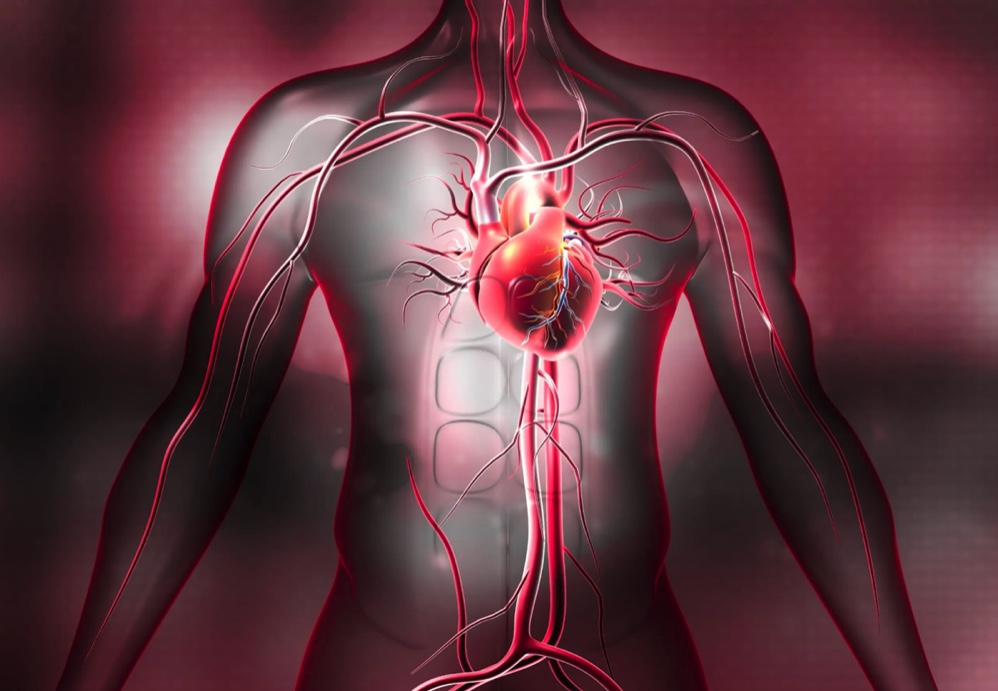#thethailandersnews
แม้หลายคนจะคิดว่าการอดนอนหรือนอนน้อยไม่กี่ชั่วโมงเป็นเรื่องเล็กน้อย แต่ในความจริง การนอนน้อยกว่า 6 ชั่วโมงต่อคืน ส่งผลกระทบต่อร่างกายมากกว่าที่คิด งานวิจัยจาก European Heart Journal และข้อมูลจาก American Heart Association ต่างยืนยันตรงกันว่าการนอนน้อยอย่างต่อเนื่องเพิ่มความเสี่ยงโรคหัวใจและหลอดเลือดสูงขึ้นกว่า 20-48% รวมถึงเสี่ยงต่อโรคความดันโลหิตสูง เบาหวาน และหลอดเลือดสมอง เนื่องจากเมื่อเรานอนน้อย ร่างกายจะอยู่ในภาวะเครียด ฮอร์โมนต่าง ๆ แปรปรวน ความดันโลหิตสูงขึ้น หัวใจทำงานหนักขึ้น และเกิดการอักเสบเรื้อรังที่อาจทำลายหลอดเลือด นอกจากนี้ การนอนน้อยยังทำให้ภูมิคุ้มกันลดลง เสี่ยงติดเชื้อง่ายขึ้น สมาธิสั้น ความจำแย่ และอารมณ์แปรปรวน จนส่งผลกระทบต่อคุณภาพชีวิตและความสัมพันธ์รอบตัว

สำหรับผู้ที่กำลังเผชิญปัญหานอนไม่หลับหรือหลับไม่สนิท การแก้ไขเริ่มได้จากการปรับพฤติกรรม เช่น เข้านอนและตื่นให้เป็นเวลา งดคาเฟอีน แอลกอฮอล์ และการใช้มือถือก่อนนอน สร้างบรรยากาศห้องนอนให้สงบ มืด และเย็นสบาย หลีกเลี่ยงอาหารหนักหรือออกกำลังกายหนักก่อนนอน รวมถึงหาวิธีผ่อนคลาย เช่น ฟังเพลงเบา ๆ อ่านหนังสือ หรือฝึกหายใจลึก ๆ
ในด้านอาหารเสริม แมกนีเซียมถือเป็นอีกทางเลือกที่ได้รับความสนใจ เพราะมีส่วนช่วยให้กล้ามเนื้อและระบบประสาทผ่อนคลาย กระตุ้นการหลั่งเมลาโทนิน ทำให้หลับง่ายขึ้น แต่การใช้แมกนีเซียม ควรอยู่ภายใต้คำแนะนำของแพทย์ เนื่องจากการใช้มากเกินไปอาจก่อให้เกิดอาการท้องเสีย ความดันต่ำ หรือหัวใจเต้นผิดปกติ สำหรับผู้มีโรคไต ยิ่งต้องระวังเป็นพิเศษ

แม้จะมีทางเลือกช่วยการนอนมากมาย แต่สิ่งสำคัญที่สุดคือการปรับพฤติกรรมและใส่ใจสุขภาพระยะยาว เพราะการนอนอย่างมีคุณภาพ ไม่เพียงช่วยให้ตื่นมาอย่างสดชื่น แต่ยังเป็นกุญแจสำคัญในการป้องกันโรคร้ายที่อาจเกิดขึ้นโดยไม่รู้ตัว ถ้าเริ่มสังเกตว่าการนอนของตนเองถูกรบกวนบ่อยครั้ง ควรรีบปรึกษาแพทย์หรือผู้เชี่ยวชาญก่อนที่สุขภาพจะเสียหายจนยากจะย้อนคืน
Many people believe that sleeping less than six hours a night is harmless, but in reality, chronic sleep deprivation can have far-reaching effects on the body. Research from the European Heart Journal and data from the American Heart Association confirm that regularly sleeping less than six hours significantly increases the risk of heart disease and stroke by more than 20%. Short sleep disrupts hormones, elevates blood pressure, overworks the heart, and triggers chronic inflammation that can damage blood vessels. Additionally, poor sleep weakens the immune system, increases susceptibility to infections, impairs concentration and memory, and can cause mood swings, all of which undermine overall quality of life and personal relationships.
For those struggling with insomnia or poor sleep quality, solutions start with lifestyle changes: maintaining a consistent sleep schedule, avoiding caffeine, alcohol, and screen time before bed, and creating a calm, dark, and cool sleeping environment. Avoid heavy meals or intense exercise right before bed, and try relaxation techniques like listening to soft music, reading, or practicing deep breathing.
As for supplements, magnesium has gained attention as a natural aid for better sleep. It helps relax muscles and the nervous system and supports melatonin production, making it easier to fall asleep. However, magnesium supplements should be used under medical supervision, as excessive intake may cause diarrhea, low blood pressure, or abnormal heart rhythms. People with kidney disease, in particular, need to be extra cautious.
While there are many ways to improve sleep, the most crucial approach is prioritizing long-term health and adopting good sleep habits. Quality sleep not only helps you wake up refreshed but is also a key factor in preventing serious diseases that can silently develop over time. If you notice ongoing sleep problems, it is best to consult a doctor or sleep specialist before the damage becomes irreversible.
#Health #Sleep #Heart #Magnesium
ที่มา : www.sciencedaily.com

















